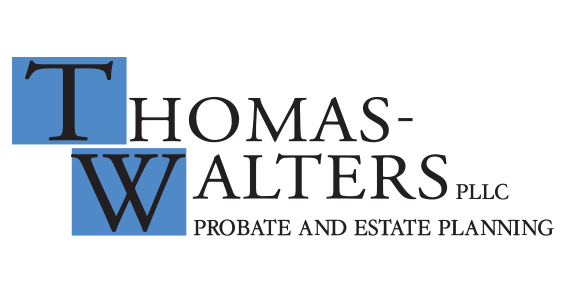Contrary to popular opinion on the topic of estate planning, there are no requirements that you live in a huge home on a large property and own more than one piece of property in order to qualify as having an "estate." For estate planning purposes, the term refers to everything you own when you die: your home, personal property, checking account, cars, trailers, investments, stocks, savings bonds, interests in family businesses or business partnerships, retirement plans, savings bonds, money market accounts, timeshares, etc.
Have You Ever Worried About the Unexpected:
•If I'm not able or capable, who will take and make decisions? Who will call the shots?
•Who will take care of my kids?
•Who gets my things when I'm gone?
•How will people find my important papers?
•Who gets my assets if it doesn't automatically go to my spouse?
•Do I have the beneficiaries named so my plans are achieved, or will there be more problems?
•Why does my family have to go to Court if I die with a Will?
•How long can my family not use my assets because they are tied up in probate?
•Do I need a Trust? Is it a good option for me and my family?
•How can I keep more of my hard earned money for my heirs?
If these questions sound familiar, then you already have some idea of why you and most everyone needs an estate plan. Plans make sure you control all of these things for yourself and your loved ones. Generally speaking, an estate plan is a collection of documents that specify how you want your money and other assets handled if you can’t handle your own affairs and then, after you are gone. It makes it so much easier for your loved ones to handle your affairs during a time of grief. It keeps more money for you and your family verses and back-up individuals to make decisions on your behalf if you are unable; specifies who will provide care for your minor children if you are gone; helps minimize taxes; and helps avoid unnecessary costs, publicity and delays caused by the required court probate process that occurs whether you have a Last Will and Testament or not!
So, Who Needs an Estate Plan?
You do. We all do! Death is a certainty; it’s just a matter of when. 2020 studies have revealed that procrastination is on the rise! Close to 70% of all adult Americans do not have any type of legal documents in place to handle the unexpected. For some crazy reason, we all think we will live along life, but as a lady at one of my events recently shared with me, we truly never know!
This woman said she was sitting with her 31-year-old niece on the couch. Her niece had 2 young kids and a boyfriend. The niece had worked all day and had come over to finalize plans for a family picnic that weekend. While sitting there talking, she experienced an excruciating headache, passed out and died of a brain aneurysm within just a few hours. She said her niece died without a Will, and the longtime boyfriend, who is the father of the children, was fighting to get as much of her niece’s assets as possible, while not wanting to take responsibility for the kids. “What an emotional and awful mess!” the woman shuddered.
If you're young and unmarried, your estate plan may be simple, but would still include necessary items such as beneficiary designations, a Last Will and Testament, directions if you need life support along with both medical and financial powers of attorney. If you have minor children, your estate plan would include a designation of a guardian to care for your children and at the very least, a testamentary Trust where you determine when and how your minor children receive their inheritance. If you have successfully accumulated assets during your life, your estate plan should include one or more trusts in order to keeping things simple and easy for your family, while allowing you control of your assets and their taxation, management and distribution.
Those who procrastinate often die without anything in place. When this occurs, the state laws where the deceased person lived at the time determines who gets what, and how much. The result, not surprisingly, is usually not in line with what the deceased would have wanted to happen in the end.
You might be tempted to postpone putting the perfect plan in place, maybe until you have a child or until you own a number of assets or until you've "amassed your wealth," but postponing is a recipe for disaster. After all, none of us know when our time to leave this earth will come... we only know that it WILL COME! Imagine if every 18-year-old created of a basic estate plan as part of their rite of passage into adulthood so they have a foundation to work with, one that would evolve through the many changes of asset accumulation, changes in the law, changes in relationships and changes in life. Well, I guess us estate planning lawyers can always DREAM!
If you aren't sure where to start, but you know you need to get started; or maybe you’ve started something but you’re worried it might not be the perfect plan to achieve your estate planning wishes; or maybe you’re wondering what you should cover in your estate plan, contact TW Estate Planning for a free consultation, so our experienced lawyers in North Carolina can show you all the options and you, too, can have the peace of mind knowing that perfect plan in place for you and your family.

